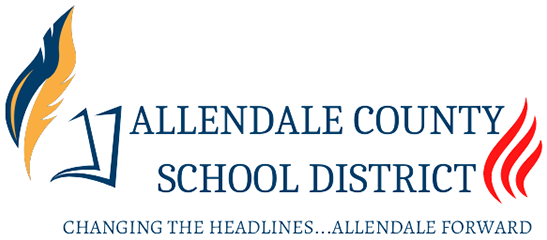HOMEBOUND INFO
What is Medical Homebound and Who is Eligible?
Medical homebound instruction is provided for both nondisabled and disabled students who cannot attend school for a medical reason—a mental or physical condition that exists due to an accident, an illness, or pregnancy—even when transportation is furnished. A licensed physician must certify that such a medical condition exists and must complete the medical homebound application that the local school district provides. The intent of medical homebound instruction is to keep such a student connected to his or her regular curriculum until the time when his or her return to the classroom setting is possible.
Students who cannot attend public school because of illness, accident, or pregnancy, even with the aid of transportation, are eligible for medical homebound or hospitalized instruction. A physician must certify that the student is unable to attend school but may profit from instruction given in the home or hospital. Any student participating in a program of medical homebound instruction or hospitalized instruction must be approved by the district superintendent or his or her designee on standardized forms provided by the South Carolina Department of Education. All approved forms must be maintained by the district for documentation.
School districts should not and are not required to automatically approve every request for medical homebound. The superintendent of the school district, or his or her designee, must approve any medical homebound instruction request on an individual basis. The district must determine if a student can be accommodated or the program modified so that the student can continue to attend school, even if for a reduced period of time or an abbreviated school day.
What is Special Education Home-based Placement and Who is Eligible?
Special education home-based placement is provided only to the student with a disability and only upon the determination of the student’s IEP team that the home setting is appropriate for the child’s education and constitutes the least restrictive environment in light of his or her particular disability. School districts claim these students for funding under the same category of disability that was used before the student’s placement was changed to home-based. If a student with a disability receives instruction at home because of an accident, illness, or pregnancy, the school district may claim either the medical homebound funding or the South Carolina Education Finance Act funding for the student’s disability, whichever is higher. If the medical homebound placement will result in a change of placement, the IEP team must meet and make an individualized determination regarding the special education and related services needed to provide the student with a FAPE. The ultimate goal is to transition back into the regular education environment as soon as possible.
Who Do You Contact For More Information?
James Carter
Director of Special Services
Email - carterj@acs.k12.sc.us
Phone - (803) 584-4603 ext. 1122
Fax - (803) 584-5303
Links to Resources
